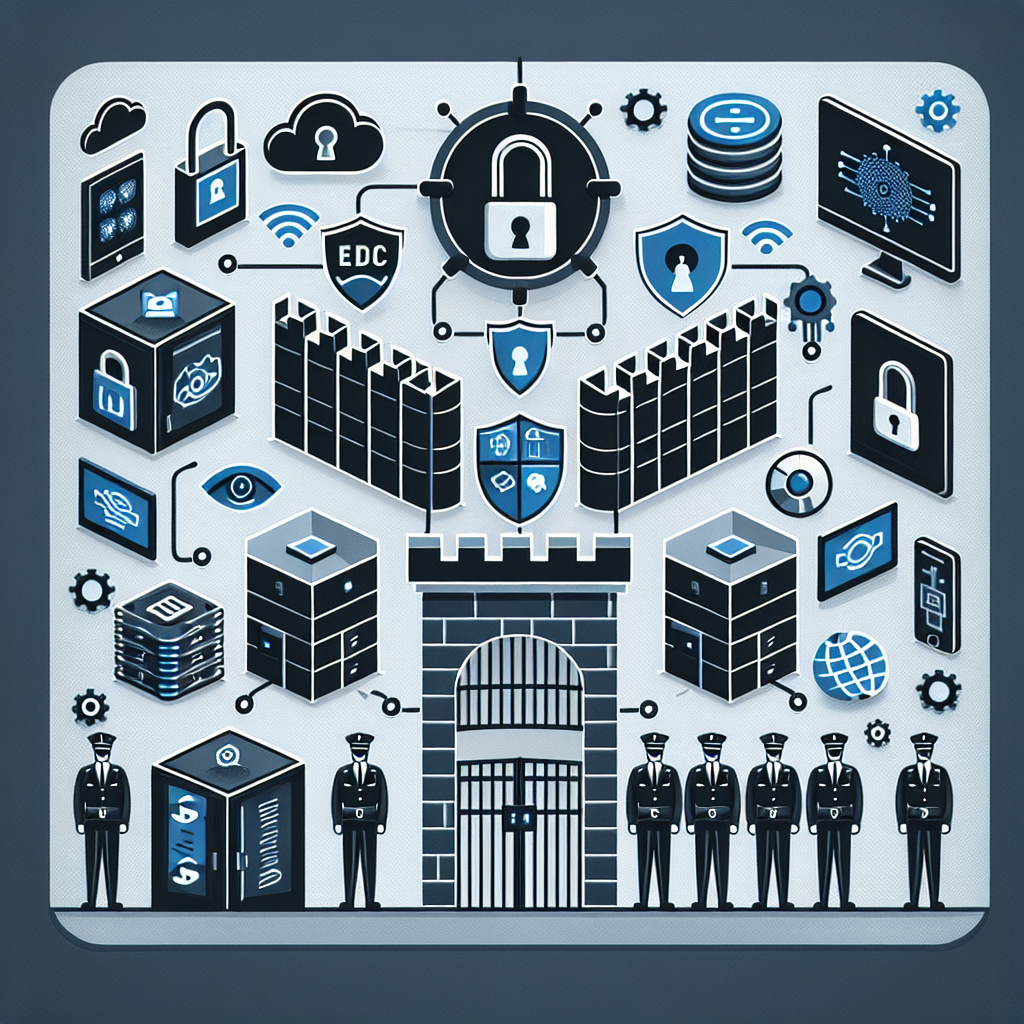Key Components of an Effective Data Center Security System
Data centers are essential for storing and processing large amounts of data for businesses and organizations. However, with the rise of cyber threats and data breaches, it is crucial to have a robust security system in place to protect sensitive information. An effective data center security system should have key components that work together to ensure the safety and integrity of the data stored within the facility.
Physical Security Measures:
One of the first lines of defense in a data center security system is physical security measures. This includes access control systems such as biometric scanners, key cards, and security guards to prevent unauthorized access to the facility. Surveillance cameras and monitoring systems should also be in place to track and record any suspicious activity.
Fire Detection and Suppression Systems:
Data centers house a large amount of electronic equipment that can be susceptible to fires. Therefore, fire detection and suppression systems are essential components of a data center security system. These systems can include smoke detectors, fire alarms, and automatic fire suppression systems such as sprinklers or gas-based suppression systems.
Network Security:
In addition to physical security measures, data centers also need robust network security to protect against cyber threats. This includes firewalls, intrusion detection systems, and encryption protocols to prevent unauthorized access to the network and data. Regular security audits and penetration testing can help identify and patch any vulnerabilities in the system.
Environmental Controls:
Data centers require strict environmental controls to maintain optimal conditions for the electronic equipment housed within. This includes temperature and humidity control systems to prevent overheating and corrosion of the equipment. Backup power systems such as generators and uninterruptible power supplies (UPS) are also crucial to ensure continuous operation in the event of a power outage.
Data Encryption:
Data encryption is another important component of an effective data center security system. Encryption ensures that data is protected both in transit and at rest, making it unreadable to unauthorized users. Strong encryption algorithms and key management systems should be implemented to ensure the security of the data stored within the data center.
Regular Monitoring and Maintenance:
Regular monitoring and maintenance of the security systems are essential to ensure that they are functioning properly and up to date. This includes monitoring security logs, conducting security audits, and updating software and firmware to patch any vulnerabilities. Training employees on security best practices and protocols is also crucial to prevent human error and ensure the overall security of the data center.
In conclusion, an effective data center security system should have key components such as physical security measures, fire detection and suppression systems, network security, environmental controls, data encryption, and regular monitoring and maintenance. By implementing these components, data centers can protect sensitive information and ensure the safety and integrity of the data stored within the facility.


